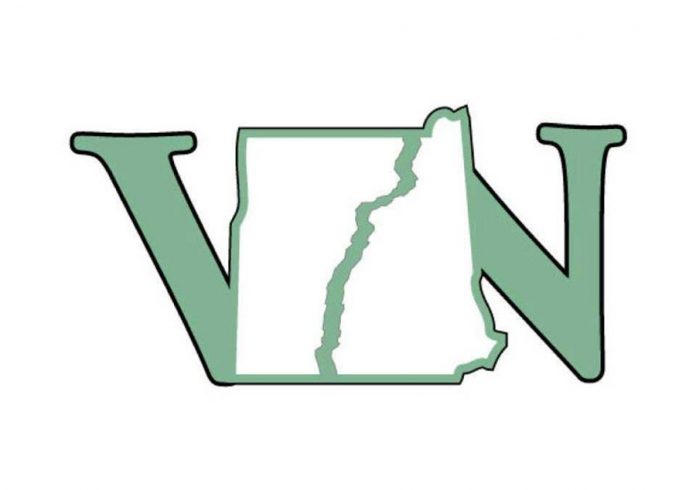Published: 06/05/2021 9:58:33 PM
Modified: 6/5/2021 9:58:32 PM
WHITE RIVER JUNCTION – As the end of the COVID-19 pandemic draws nearer, local and state lawyers are warning that families who have suffered from food insecurity may continue to face such problems in the coming months.
“We don’t want to assume that we can go back to normal,” said Michael Redmond, executive director of Upper Valley Haven, in an interview Thursday. He said the Haven’s food bank had seen an increase in families in need of free meals over the past year as the number of people facing food insecurity across the country tripled amid COVID-19.
This problem is likely to affect many middle- and low-income families for a while, even as others return to “normalcy,” Redmond said.
“This recovery is uneven,” said Redmond. “The unemployment rate is higher for many people.”
Redmond and other hunger eradication advocates spoke about the problem during an event in Upper Valley Haven that highlighted the pandemic as an opportunity to shed light on the prevalence of food insecurity in Vermont and New Hampshire.
“That really tore off the bandages that hide inequalities in America,” said Joel Berg, CEO of the nonprofit Hunger Free America, in a post-event interview on Thursday. Berg, who travels the country discussing food insecurity issues, noted that many people were starving even before the pandemic broke out – the COVID-19 outbreak only increased that number and brought more attention to the problem.
“People who were already poor and hungry got poorer and hungrier,” he said, adding that many people on the edge of poverty faced food insecurity for the first time during COVID-19.
During the event, many speakers also called on the federal and state governments to continue to focus funding on food insecurity. Last year, federal funds went to fund resources like the USDA Farmers to Families Food Box program, which delivered thousands of boxes of food to people in need at the height of the pandemic. That program ended last month.
“When the pandemic broke out, there was an obligation to finance hunger programs in a rare moment of non-partisanship,” said US MP Peter Welch, D-Vt., At the event on Thursday. “We have to hold out.”
Other speakers discussed the efforts already being made to continue to support families who are starving after the end of COVID-19. Erica Campbell, an assistant to U.S. Senator Bernie Sanders, I-Vt., Told the crowd that Sanders has reintroduced the general school lunch bill, which would provide free meals to all students. The bill, which received little support when it was introduced two years ago, is now supported by several co-sponsors and organizations across the country, Campbell said.
“This is the time,” she added.
Berg, the keynote speaker for the event on Thursday, said he supported the bill and discussed the bigger implications of the federal government’s response to the food insecurity crisis during the pandemic. Referring to the federal “Pandemic EBT” program to provide extra funding for families to buy food during COVID-19, Berg said public policies are key to tackling food insecurity in the United States, and long after the pandemic.
“I think this is not just about hunger. This is a struggle for the soul of this land. Can we show that progressive governments work? ”Said Berg. “Nothing is more concrete, nothing more tangible than these federal programs that significantly end or reduce hunger.”
Anna Merriman can be reached at amerriman@vnews.com or 603-727-3216.

